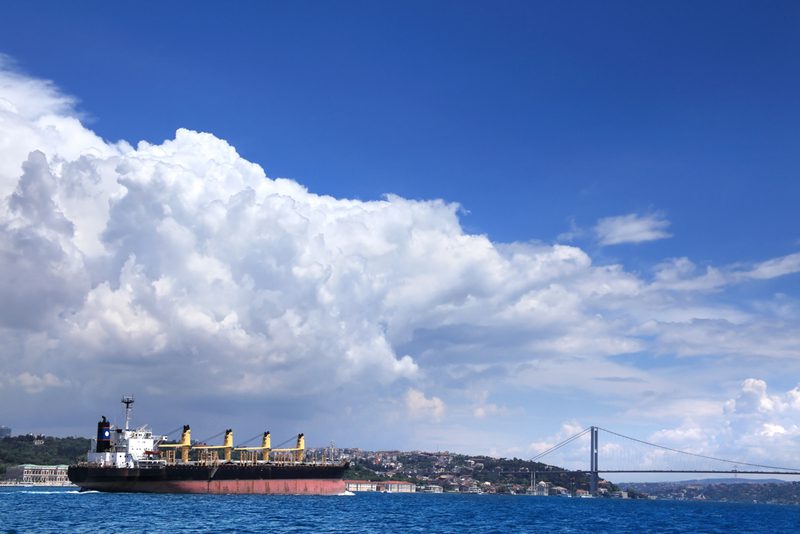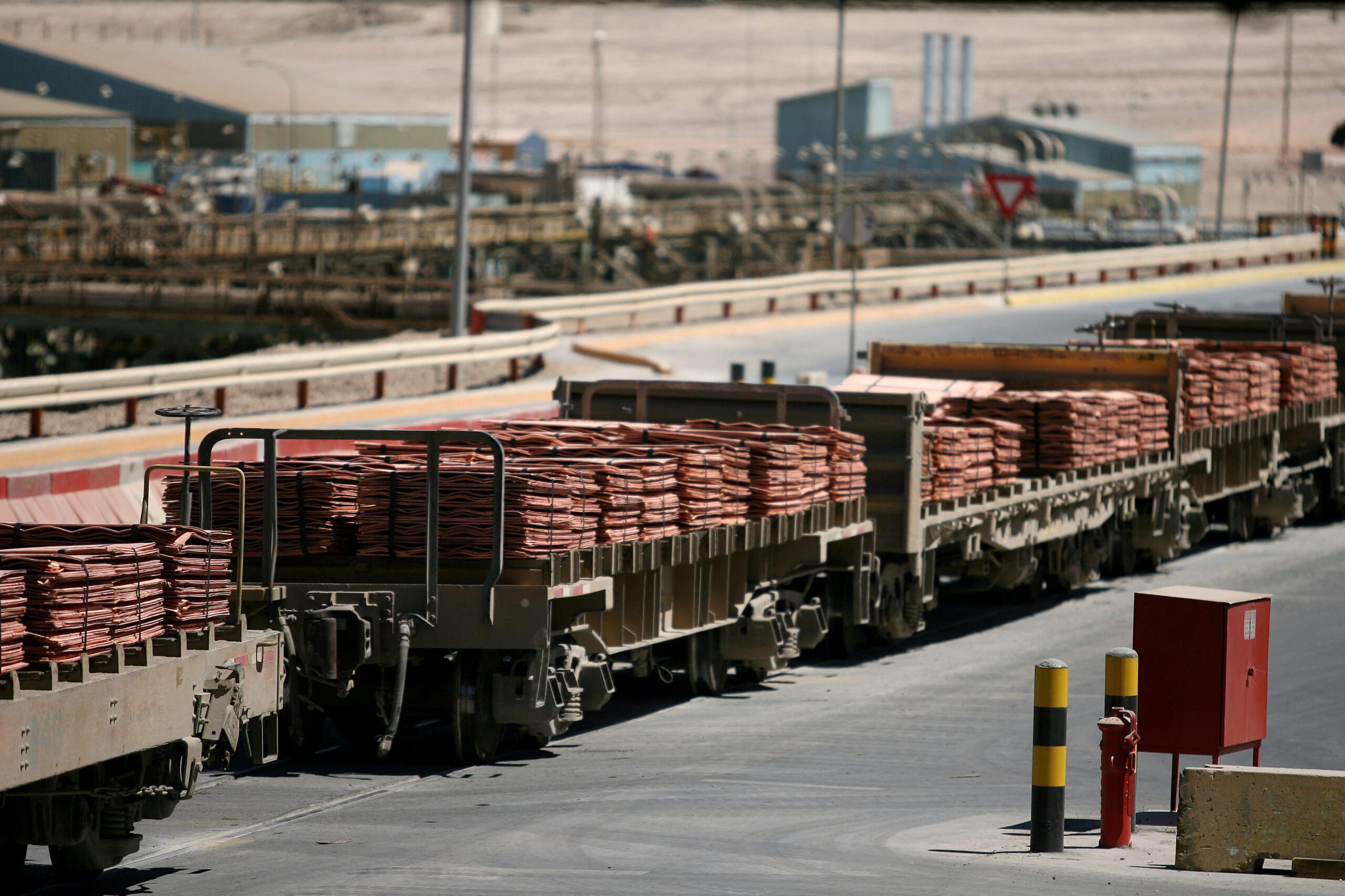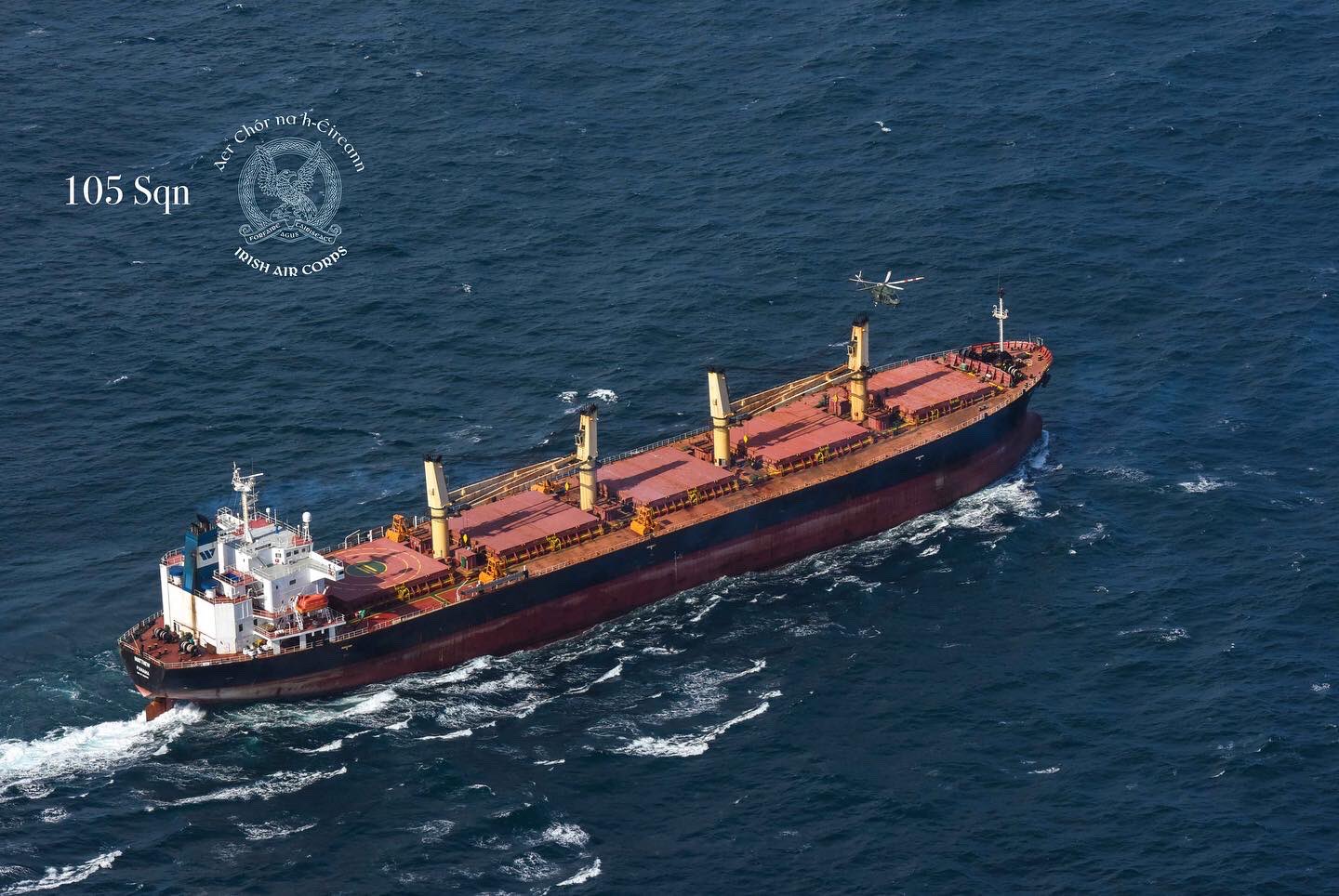Bulk carrier enters the Bosphorus, image (c) Shutterstock
 By Ayla Jean Yackley (Reuters) ISTANBUL, July 16 Turkish maritime authorities have reopened Istanbul’s Bosphorus Strait to transiting tankers after shutting it earlier on Saturday for several hours following what the government said was an attempted coup by a faction in the military.
By Ayla Jean Yackley (Reuters) ISTANBUL, July 16 Turkish maritime authorities have reopened Istanbul’s Bosphorus Strait to transiting tankers after shutting it earlier on Saturday for several hours following what the government said was an attempted coup by a faction in the military.
The Bosphorus is one of world’s most important chokepoints for the maritime transit of oil with over three percent of global supply – mainly from Russia and the Caspian Sea – passing through the 17-mile waterway that connects the Black Sea to the Mediterranean. It also ships vast amounts of grains from Russia and Kazakhstan to world markets.
On Saturday, forces loyal to the Turkish government fought to crush the remnants of a military coup attempt, following violence and clashes in Ankara and Istanbul.
Shipping agent GAC said traffic had reopened after being shut for several hours for security reasons and ships were now being able to travel again through the Bosphorus which divides Istanbul into European and Asian sides.
A spokesman for Russia’s pipeline monopoly Transneft said the main Black Sea port of Novorossiisk was operating normally and had enough tankers near the port to continue loading operations uninterrupted until July 25 regardless of what happens in the Bosphorus.
Reuters ship tracking data showed that around 10 oil tankers were anchored off the coast of Istanbul on the southern side of the strait, still waiting for instructions to sail through the narrow passage.
CEYHAN OIL FLOWS
Turkey is also shipping significant volumes of oil from the Caspian Sea region and countries such as Azerbaijan and Kazakhstan via its territory directly to its export terminals on the Mediterranean like the port of Ceyhan bypassing Bosphorus.
A BP-led group operating oil and gas pipelines running from Azerbaijan to Turkey via Georgia said there had been no disruptions to shipments.
“Both pipelines are working normally,” BP-Georgia said.
A source at Azeri state energy company SOCAR also told Reuters oil shipping to Ceyhan was uninterrupted.
Iranian Mehr news agency said Iran had temporarily stopped exports of petrochemical products to Turkey due to border closure between the two countries.
Oil shipments through the Turkish Straits have decreased over the past decade as Russia shifted flows towards the Baltic ports. The Baltic ports currently operate well below capacity, which means Russia could divert flows away from the Black Sea in case of prolonged disruptions.
Only half a mile wide at the narrowest point, the Turkish Straits are among the world’s most difficult waterways.
About 48,000 vessels transit the straits each year, making this area one of the world’s busiest maritime chokepoints, according to the U.S. government.
Commercial shipping has the right of free passage through the straits in peacetime, although Turkey claims the right to impose regulations for safety and environmental purposes.
Besides transit, Turkey is also a very important consumer of commodities itself. It is one of top five gas users in Europe on a par with France, a large grains importer and is one of the top 10 biggest gold markets.
© 2016 Thomson Reuters. All rights reserved.

 Join The Club
Join The Club











